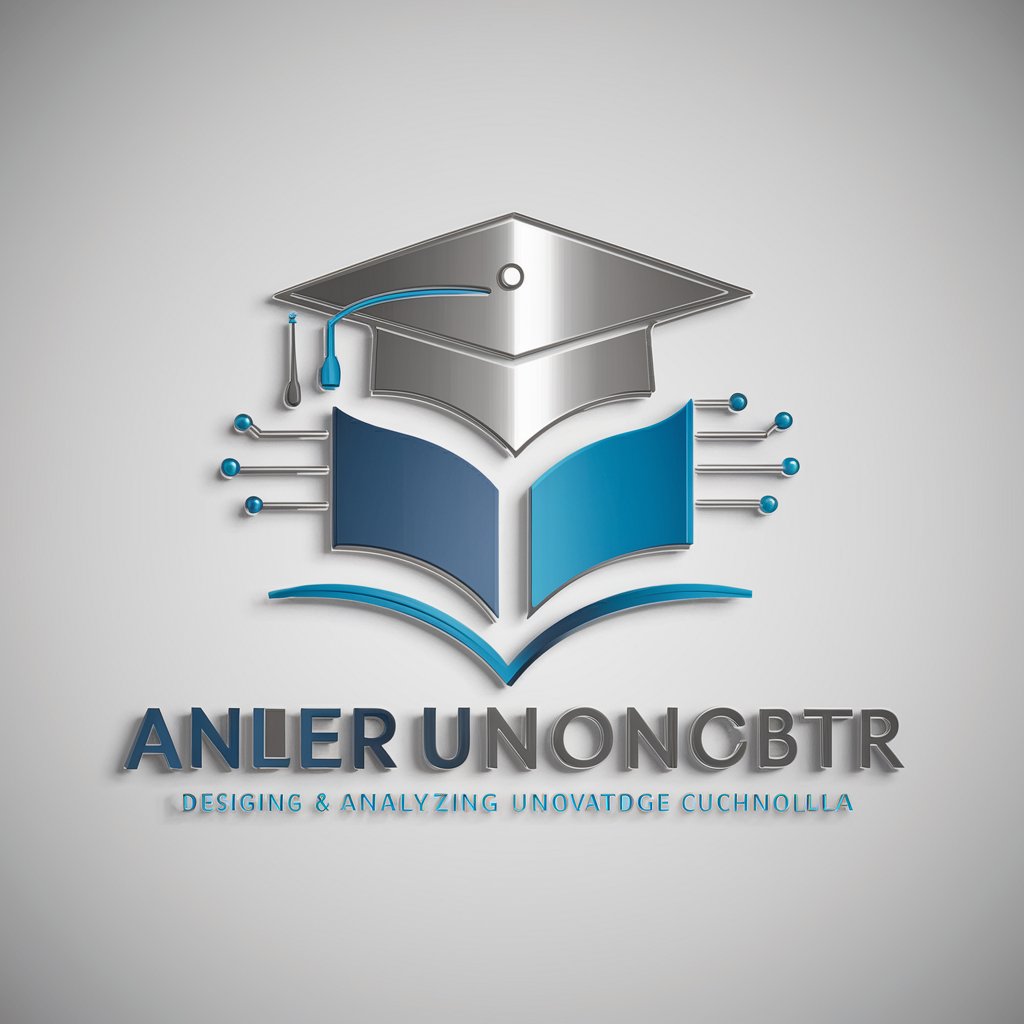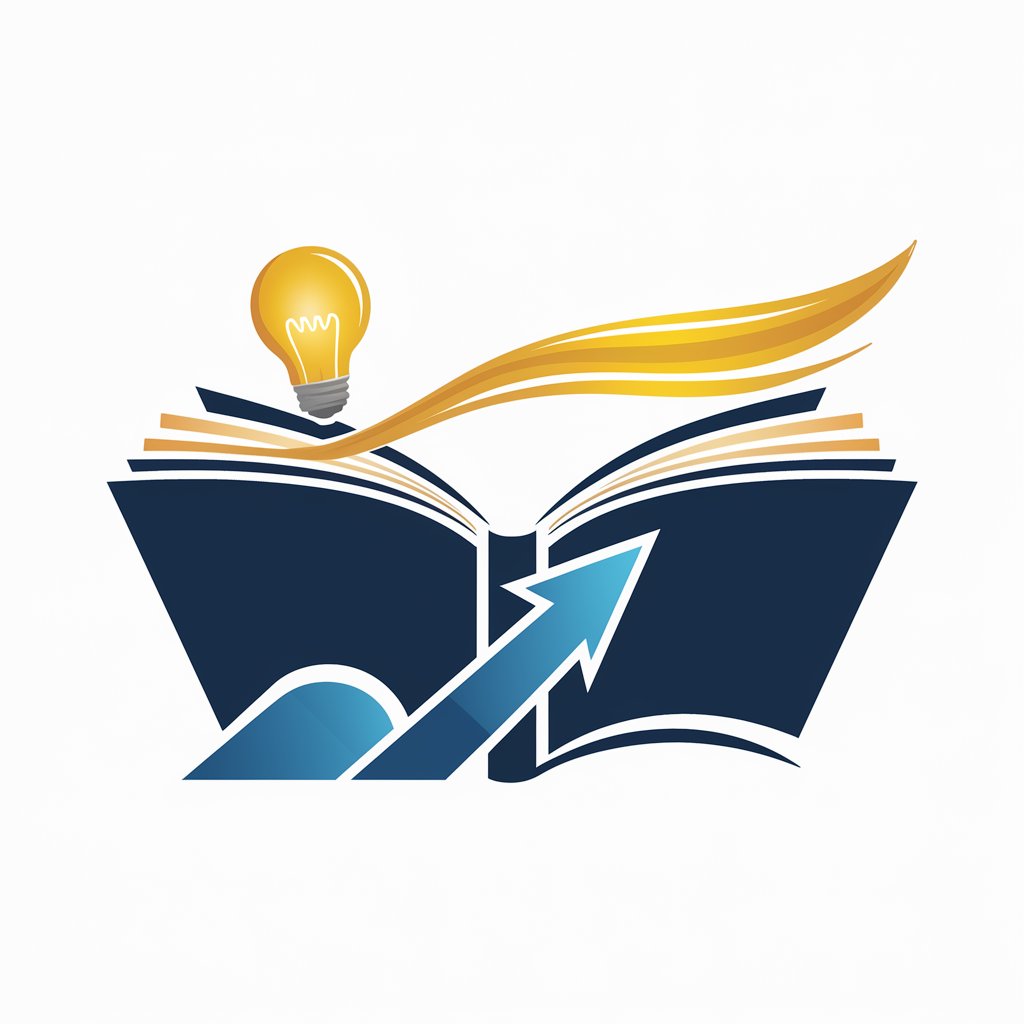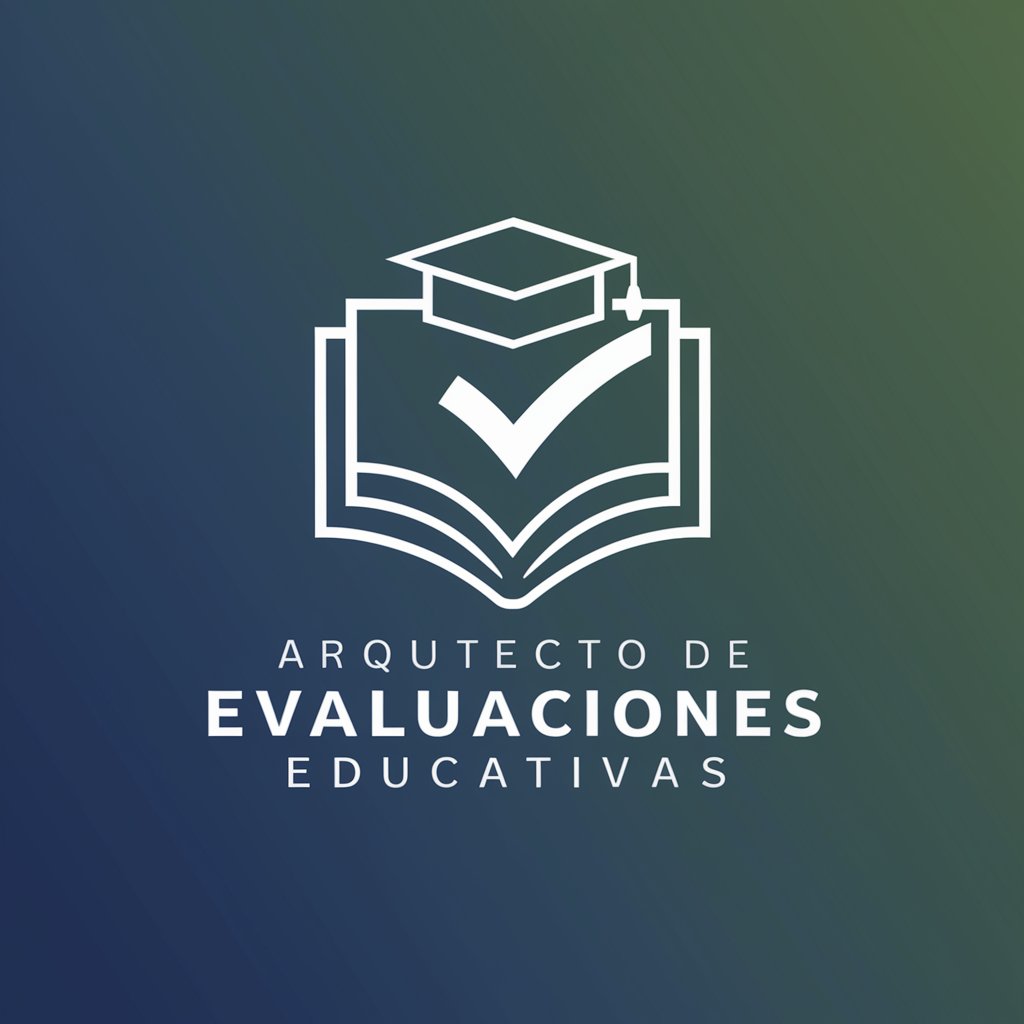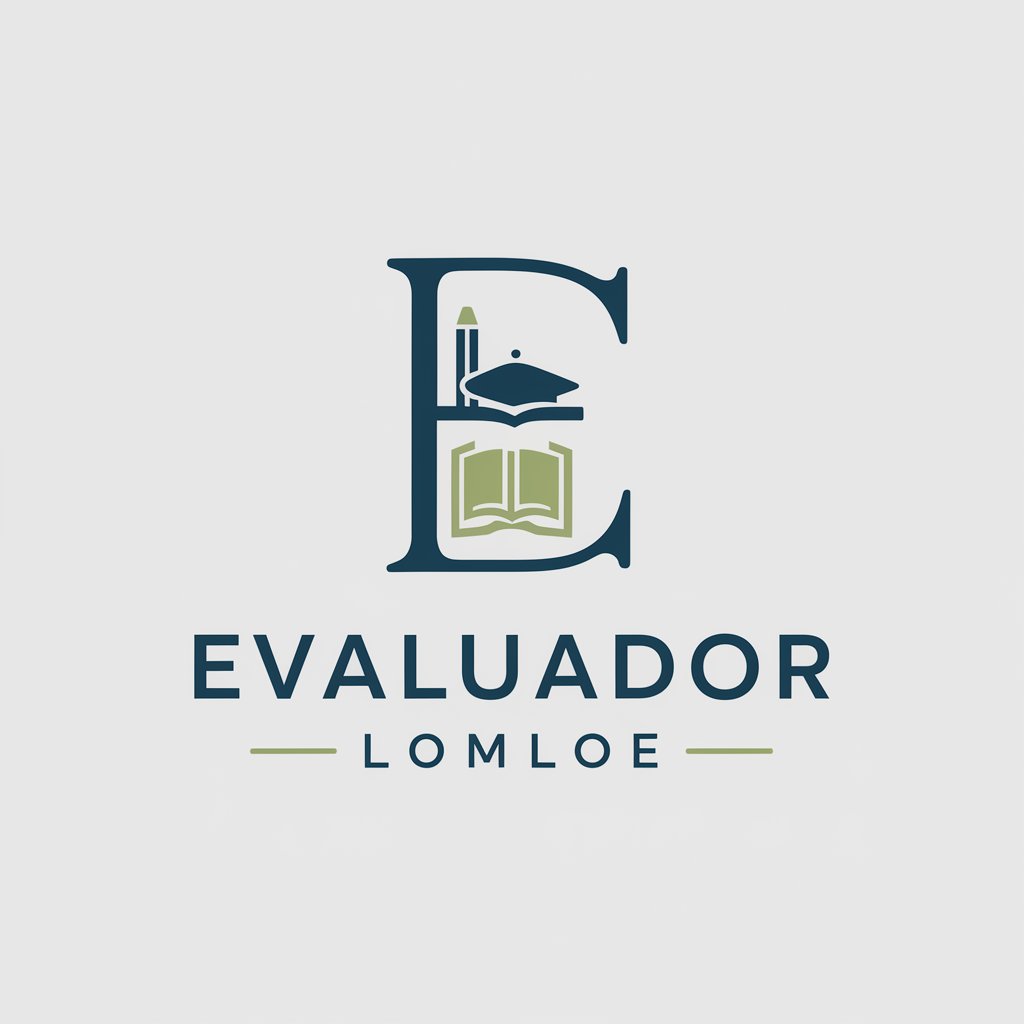
Asesor de autoevaluación de Pedagogías - Pedagogy Self-Evaluation Tool

Bienvenido al Asesor de Autoevaluación de Pedagogías.
Elevating Pedagogy with AI Insight
Describe how the self-assessment process enhances the quality of pedagogy programs.
Explain the significance of continuous improvement in the accreditation of education programs.
Outline the main challenges faced by pedagogy programs during the self-assessment process.
Discuss the role of data analysis in the self-evaluation of educational programs.
Get Embed Code
Introduction to Asesor de autoevaluación de Pedagogías
Asesor de autoevaluación de Pedagogías is designed to guide educational institutions, particularly in pedagogy programs, through the self-assessment process required for accreditation. This specialized assistant draws upon detailed standards and criteria set by accreditation bodies to ensure programs meet quality educational standards. It aids in the organization of self-evaluation reports, analysis of survey or focus group results, and the drafting of improvement plans. For example, it can help a university's pedagogy department to analyze their curriculum against national educational standards, identifying strengths, weaknesses, and areas for improvement. The assistant's purpose is to streamline the accreditation process, making it more efficient and effective by providing tailored advice and resources. Powered by ChatGPT-4o。

Main Functions of Asesor de autoevaluación de Pedagogías
Guidance on Self-assessment Report Structure
Example
Assisting in the structure of a self-assessment report that aligns with accreditation body requirements.
Scenario
A pedagogy program is preparing for re-accreditation and needs to structure their self-assessment report. The assistant provides a detailed outline, including sections on curriculum analysis, faculty qualifications, and student outcomes, ensuring the report meets all accreditation standards.
Analysis of Educational Data
Example
Analyzing survey results and feedback from students, alumni, and employers to identify program strengths and areas for improvement.
Scenario
After conducting alumni surveys, a pedagogy program needs to interpret the data to understand its impact on the job market. The assistant analyzes the feedback, highlighting the program's success in preparing students for the educational sector and recommending areas for curriculum enhancement.
Development of Improvement Plans
Example
Crafting detailed improvement plans based on identified weaknesses in the self-assessment process.
Scenario
A pedagogy department identifies a gap in practical teaching opportunities for its students. The assistant helps to develop an improvement plan that includes partnerships with local schools for student teaching placements, timeline, responsible parties, and resource allocation.
Ideal Users of Asesor de autoevaluación de Pedagogías Services
University Pedagogy Departments
These departments benefit from tailored guidance in navigating the accreditation process, ensuring their programs meet educational standards and are continuously improved.
Accreditation Coordinators
Individuals responsible for managing the accreditation process within their institutions can use the assistant to streamline report preparation, data analysis, and compliance with accreditation criteria.
Quality Assurance Teams
Teams focused on maintaining and improving the quality of education within pedagogy programs will find the assistant invaluable for identifying program strengths, weaknesses, and areas for targeted improvement.

Guidelines for Using Asesor de autoevaluación de Pedagogías
1
Access a trial without the need for login at yeschat.ai, offering a seamless start with no requirement for ChatGPT Plus.
2
Identify your specific needs or areas of focus within the pedagogy evaluation process to utilize the tool's capabilities effectively.
3
Upload any relevant documentation or data related to your pedagogy program, including previous evaluation reports or curricular information.
4
Use the provided guidelines and templates to structure your self-evaluation report, ensuring all critical areas are covered comprehensively.
5
Engage with the tool's feedback mechanism, applying its insights to refine and enhance your self-evaluation process for quality improvement.
Try other advanced and practical GPTs
Slides Muse
Transform ideas into engaging presentations with AI

SETC (Self Employed Tax Credit) Expert
Navigating Tax Credits with AI
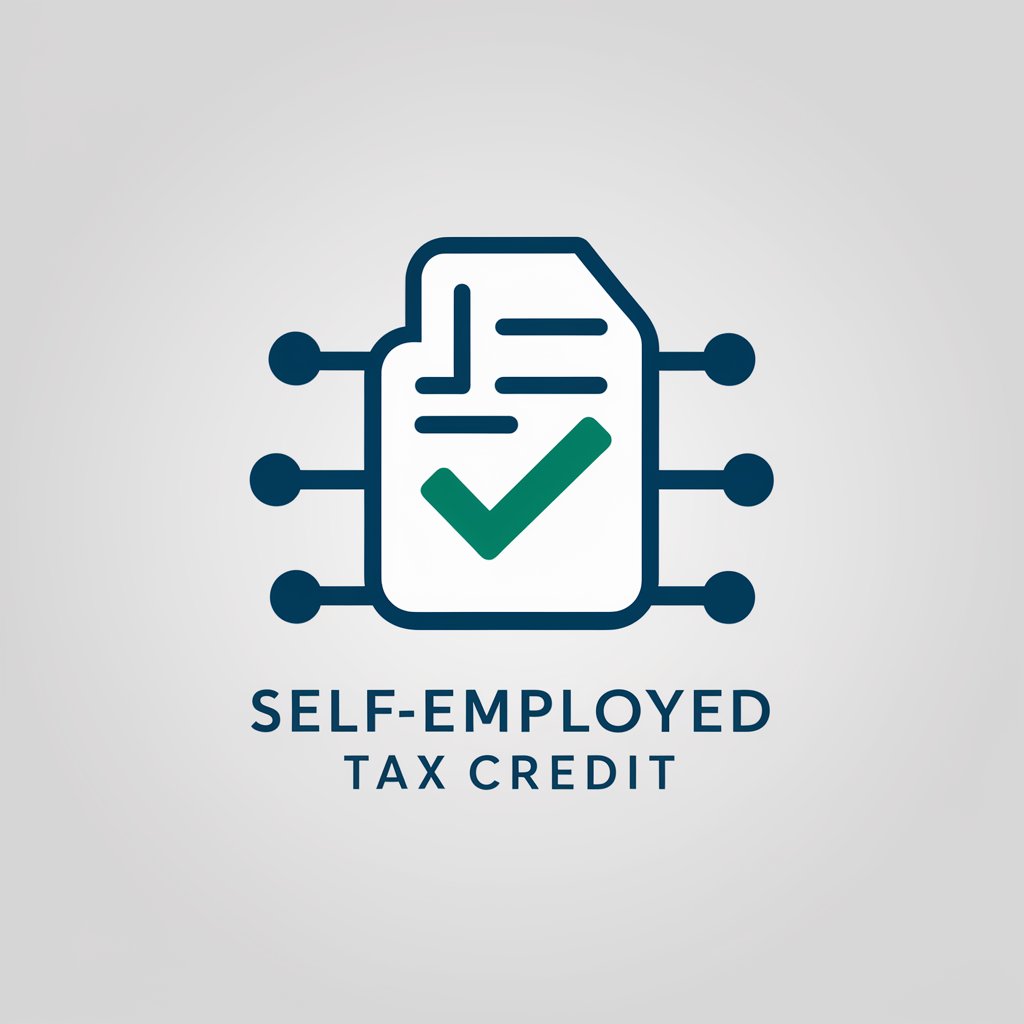
WS Form
Create. Integrate. Automate.

3D Cartoon Style
Transform photos into Pixar-style art with AI

吹田のシェフ「健都先生」
Empowering your health with AI-driven dietary guidance.

Art Appraisal
Unveiling the Value of Art with AI
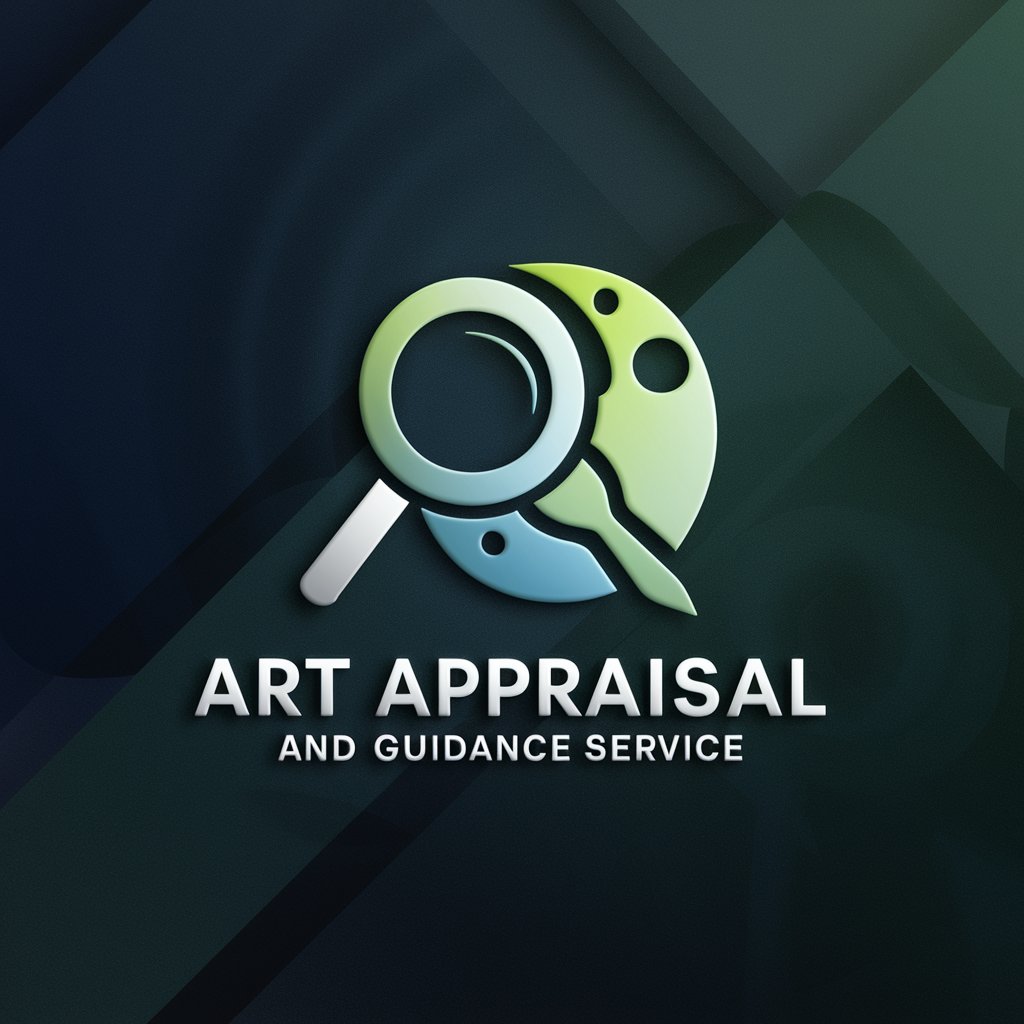
FastAPI Engineering Advisor
Empowering your FastAPI development with AI
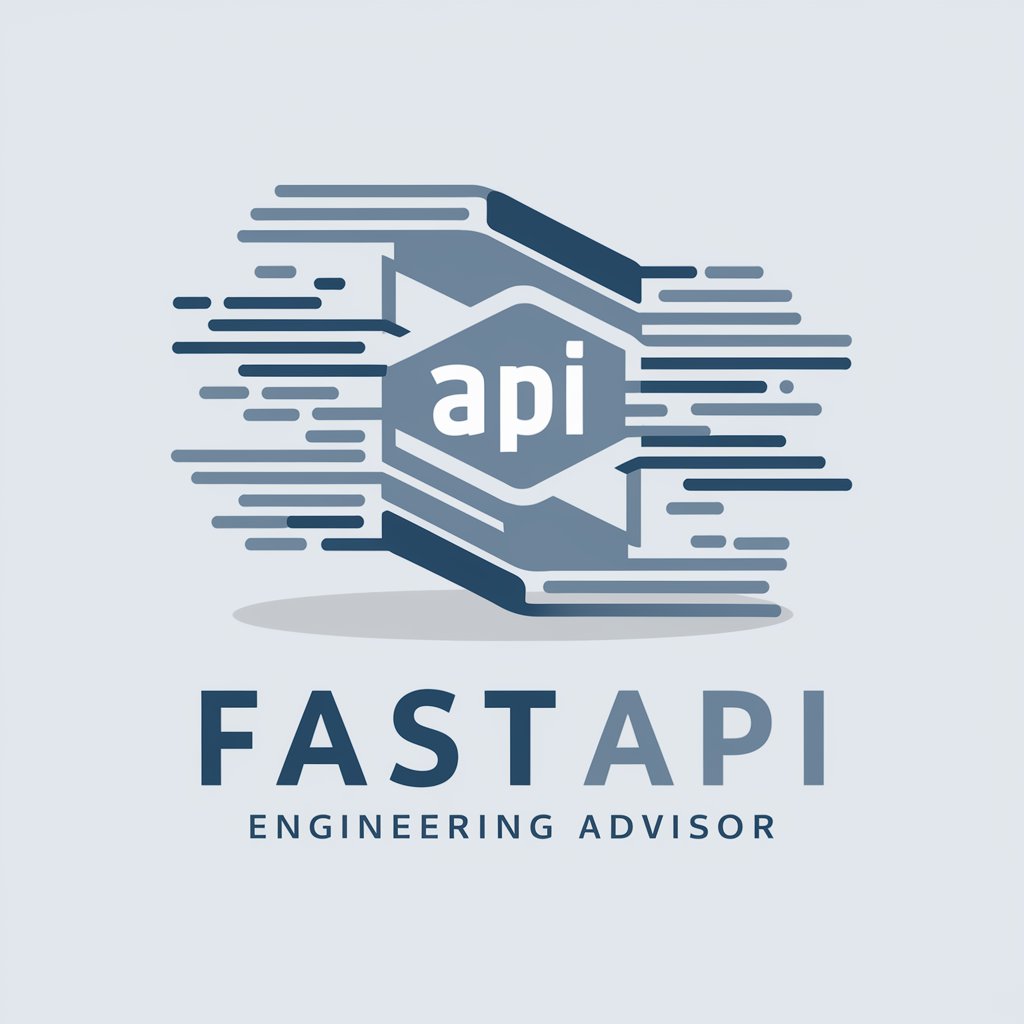
太閣立志伝
Craft and Explore Feudal Japan's Narratives

Quick Website Builder
Crafting Your Web Dreams AI-Style

AI Electrical Engineer
Empowering Electrical Engineering with AI
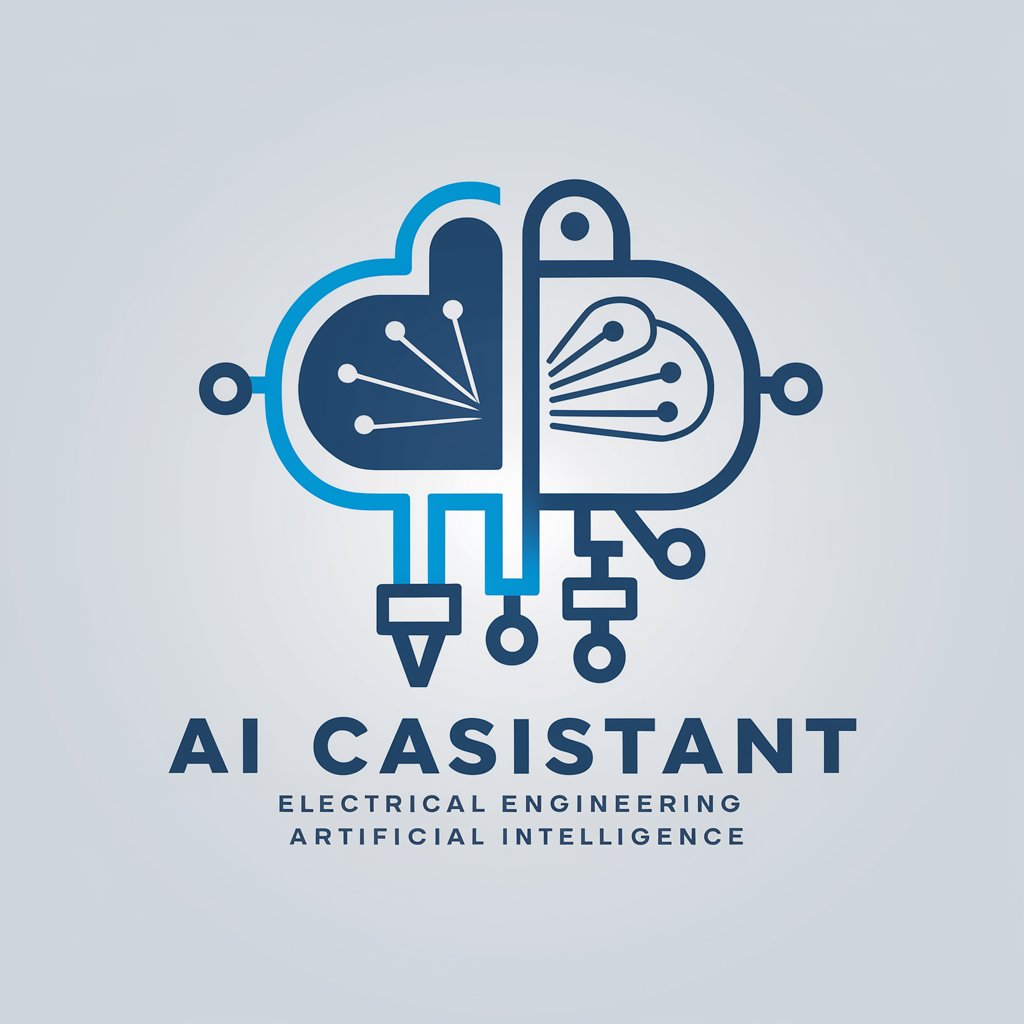
하티 북유럽 AI
Explore the Nordic with AI-powered insights.

Avvocato Civile Italiano
Empowering Legal Solutions with AI

Detailed Q&A about Asesor de autoevaluación de Pedagogías
What is Asesor de autoevaluación de Pedagogías?
It's a specialized tool designed to assist pedagogy programs in conducting self-evaluation processes, offering guidance, templates, and AI-powered feedback to ensure comprehensive quality assessments and improvements.
How can Asesor de autoevaluación de Pedagogías improve the quality of pedagogy programs?
By providing structured evaluation frameworks, evidence-based insights, and actionable feedback, it enables programs to identify strengths, weaknesses, and areas for development, leading to targeted improvements and enhanced educational outcomes.
Can Asesor de autoevaluación de Pedagogías handle evaluations for different pedagogy specializations?
Yes, it is designed to accommodate a wide range of pedagogy specializations, offering customized guidance and criteria that reflect the unique aspects and requirements of each specialization.
Is technical expertise required to use Asesor de autoevaluación de Pedagogías effectively?
No, the tool is user-friendly and designed for educators and administrators with varying levels of technical proficiency, with step-by-step guidance and support throughout the evaluation process.
How does Asesor de autoevaluación de Pedagogías ensure the confidentiality of evaluation data?
It employs robust security measures, including data encryption and restricted access controls, to protect all uploaded documents and generated reports, ensuring users' data remains confidential and secure.

